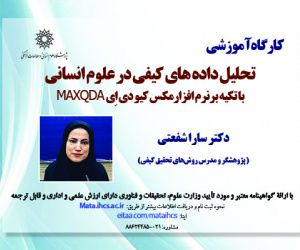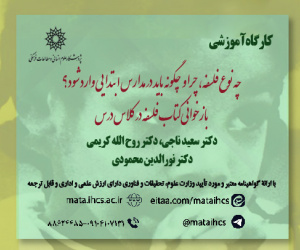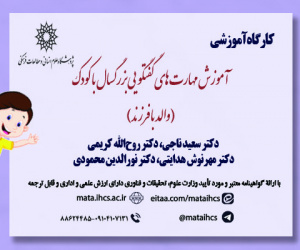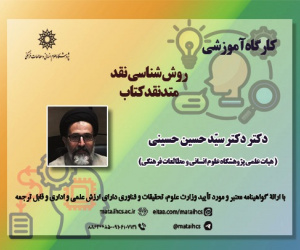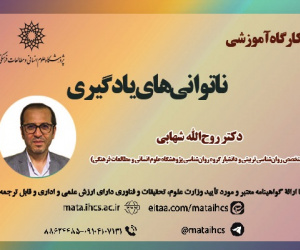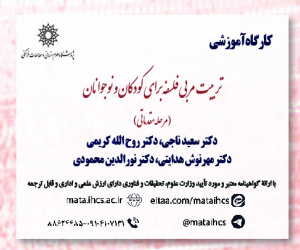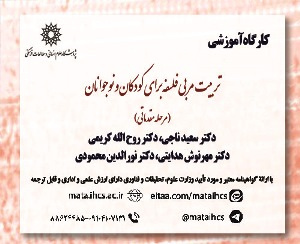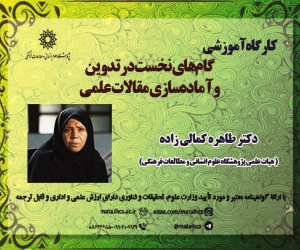تأثیر ابعاد تئوری نهادی بر مدیریت امنیت اطلاعات بر مبنای ایزو ۲۷۰۰۱ (مورد مطالعه: بیمارستان های آموزشی علوم پزشکی شهرکرد)
آرشیو
چکیده
هدف پژوهش حاضر، بررسی تأثیر ابعاد تئوری نهادی بر مدیریت امنیت اطلاعات بر مبنای ایزو ۲۷۰۰۱ در بیمارستان های آموزشی علوم پزشکی شهرکرد بود که به روش توصیفی- همبستگی صورت گرفته است. جامعه آماری پژوهش شامل بیمارستان های شهرکرد بوده که تعداد آن ها 10 بیمارستان و3 کلینیک بود، که از این میان به روش سرشماری از کارشناسان فناوری اطلاعات بیمارستان ها نظرخواهی شد. پس از توزیع 48 پرسشنامه، در نهایت 45 پرسشنامه تکمیل شده بدست آمد و داده های پرسشنامه مورد بررسی قرار گرفت. متغیرهای پژوهش با استفاده از پرسشنامه استاندارد کاواسوگلو وهمکاران (2015) و پرسشنامه ارزیابی کیفیت سیستم مدیریت امنیت با استفاده از ایزو ۲۷۰۰۱ سنجیده شد. سنجش متغیرها در پرسشنامه درطیف پنج درجه ای لیکرت صورت پذیرفت. تجزیه وتحلیل داده ها در دو سطح آمار توصیفی با نرم افزار SPSS و آمار استنباطی ازطریق حداقل مربعات جزئی توسط نرم افزار SMARTPLS صورت پذیرفت. نتایج یافته های حاصل از تجزیه و تحلیل داده های پژوهش نشان داد که دو مؤلفه فشار تقلیدی و هنجاری با ضرایب 25/0 و 32/0 تأثیر مثبت و معناداری بر مدیریت امنیت اطلاعات داشته و توانسته اند 62 % از تغییرات مدیریت امنیت اطلاعات در بیمارستان های آموزشی دانشگاه علوم پزشکی شهرکرد را تبیین و پیش بینی کنند.The Effect of Institutional Theory Dimensions on Information Security Management Based on ISO 27001 (Study of: Shahrekord Medical Sciences Teaching Hospitals)
The present study aimed to investigate the effect of institutional theory dimensions on information security management based on ISO 27001 in Shahrekord Medical Sciences Teaching Hospitals, which was conducted using a descriptive-correlation method. The study's statistical population included Shahrekord hospitals, which consisted of 10 hospitals and 3 clinics, of which hospital information technology experts were surveyed using a census method. After distributing 48 questionnaires, 45 completed questionnaires were finally obtained, and the questionnaire data were analyzed. The research variables were measured using the standard questionnaire of Cavusoglu et al. (2015) and the Security Management System Quality Assessment Questionnaire using ISO 27001. The variables in the questionnaire were measured on a five-point Likert scale. Data analysis was performed at two levels: descriptive statistics using SPSS software and inferential statistics using partial least squares using SmartPLS software. The results of the findings from the analysis of research data showed that the two components of imitative and normative pressure with coefficients of 0.25 and 0.32 had a positive and significant effect on information security management and were able to explain and predict 62% of the changes in information security management in teaching hospitals of Shahrekord University of Medical Sciences.

